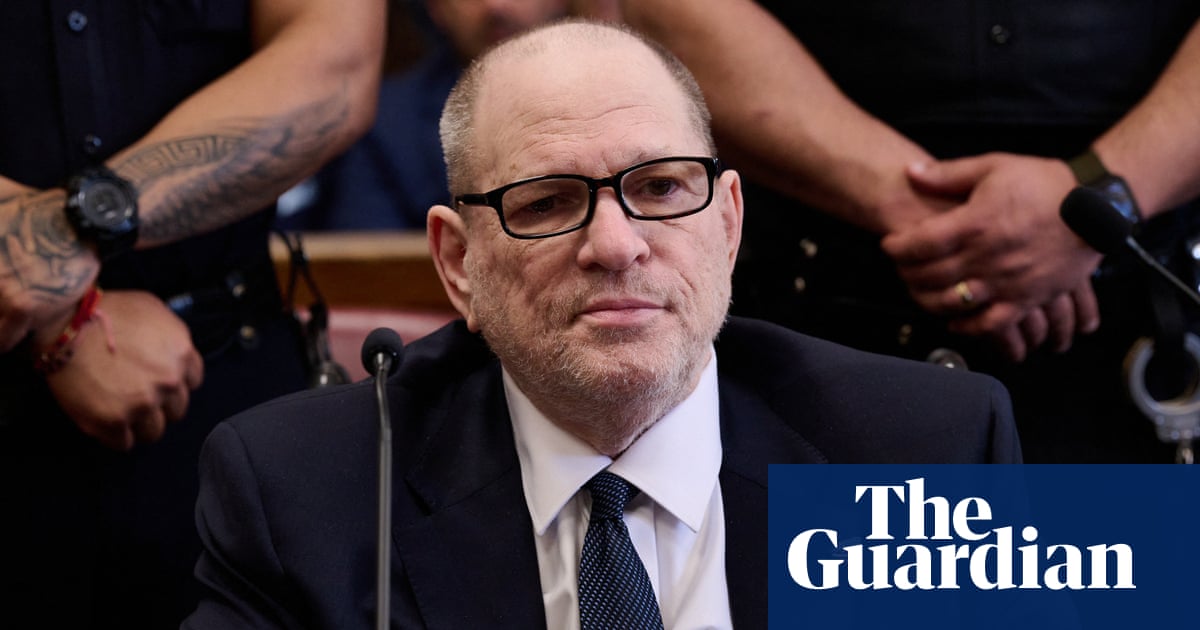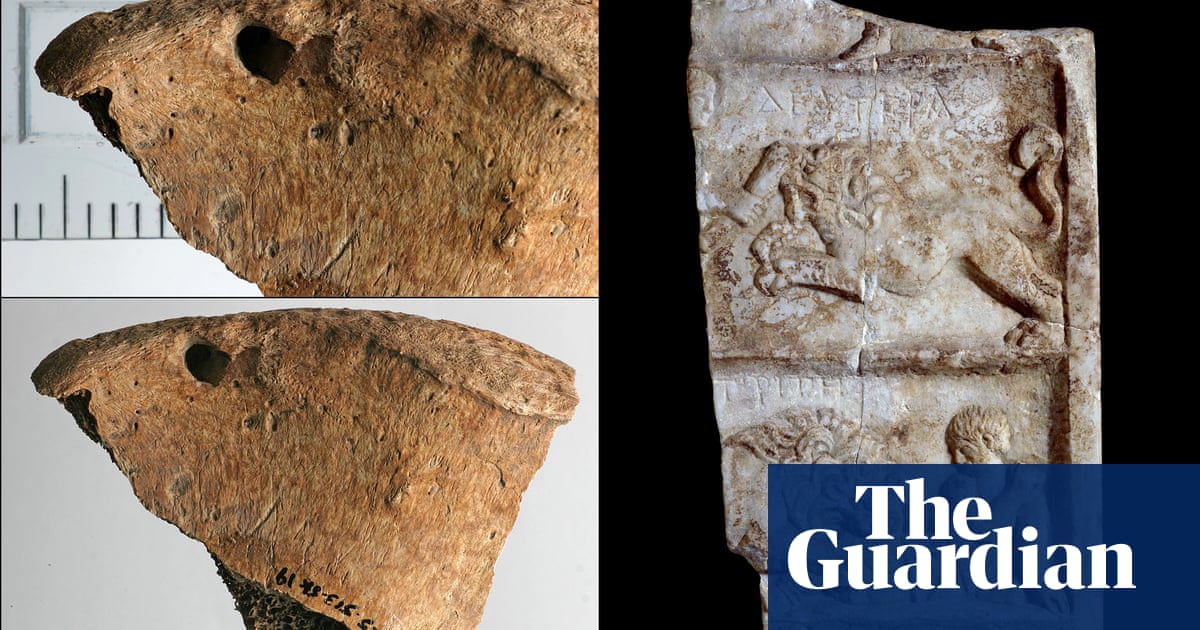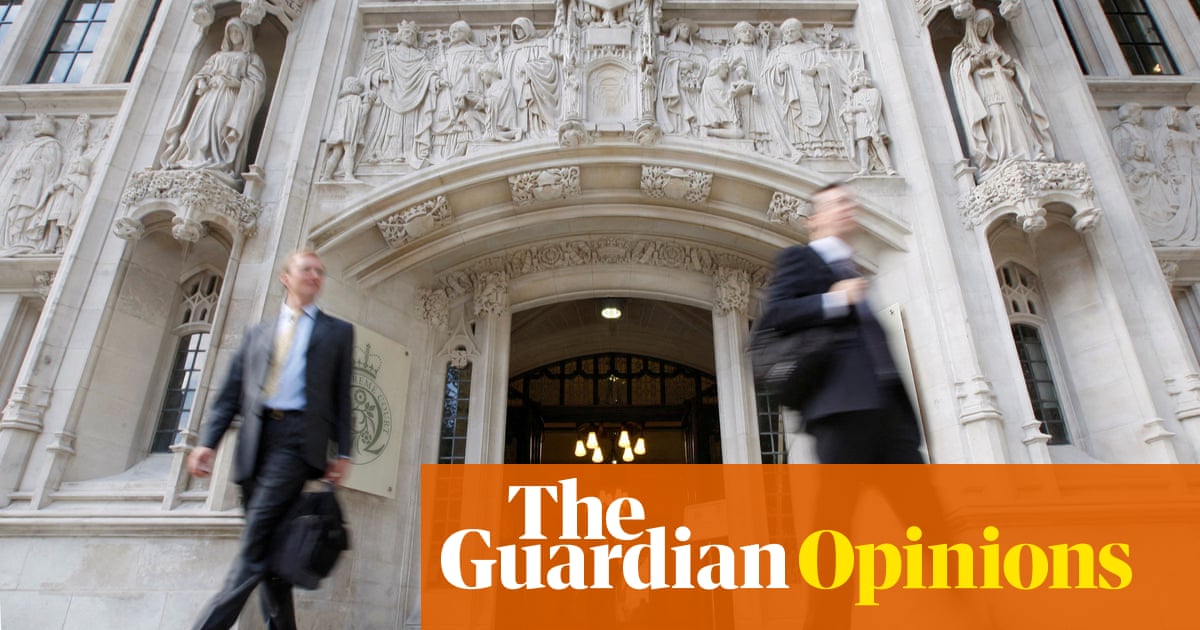Last month we all saw striking images of Emmanuel Macron standing in front of the Mona Lisa to announce plans for the major renovation of the Louvre. France is immensely proud of its national collection. The Louvre “renaissance” will cost an estimated €700-800m (£583-£666m). The five-year renovation of the Pompidou Centre, housing an extensive modern and contemporary art collection, will cost €262m. Accommodating more visitors and ensuring everyone can see the treasures of the collections is important to these French institutions and their funders.
I wish there was such good news on this side of the Channel. Recent reports that the British Council has been contemplating selling its art collection have shocked us all. The British Council holds works from artists including Henry Moore, Tracey Emin, Lucian Freud and David Hockney, and shows them globally. It is our public face to the world. Yet chief executive Scott McDonald has said that due to a £250m pandemic-era emergency loan from the Foreign Office, with interest charged at £14m annually, the Council faces the “threat of insolvency”.
Unless there is a major intervention, the Council will have to axe hundreds of staff, withdraw its presence in up to 40 countries and sell off its art collection. Half of the 9,000-item collection is protected by agreements made with artists who donated work on condition that it would never be sold. But the rest have no such restrictions. McDonald has said he offered the collection to the government in exchange for writing off the loan, but to no avail.
As we wait for a resolution, the government may soon be faced with an even bigger challenge. The UK’s art collection is held not only in the great national museums in London, Edinburgh, Cardiff and Belfast, but in the network of local authority-funded museums, centres of civic pride. But there is a serious local authority funding crisis: many years of underfunding from government and the growing strain on their statutory services means that local authorities have precious little left over to fund cultural provision for their communities. As a result, they are being encouraged to look at their art collections as disposable assets.
Selling off the “family silver” is not the solution. Everyone, everywhere in the UK, shares ownership of our public collections and we all have the right to enjoy them. They are precious assets for future generations; local authorities are the custodians of our public collections, but the owners and beneficiaries are the public.
Any sell-off of the British Council’s artworks would open the floodgates for cash-strapped local authorities to have similar conversations. The precedent that would be set if the British Council sells even a few high-value paintings would be extraordinary – a government body set up to champion, collect and share British culture with the world decides it is OK to sell the most valuable works in its care in order to plug a financial hole.
Art Fund was created in 1903 by a group of artists and philanthropists, prompted by inadequate government funding for museums. It has helped the UK’s museums build world-beating collections, for all to enjoy. It has also been at the forefront of ensuring everyone has the opportunity to visit public collections, successfully campaigning for free access to national museums, and creating the National Art Pass, Student Art Pass and Teacher Art Pass.
If we lose our great collections for short-term gain we will never be able to get them back. Our national collections are the true wealth of the nation, a public benefit which everyone can value and share.
after newsletter promotion

.png) 2 months ago
32
2 months ago
32













































